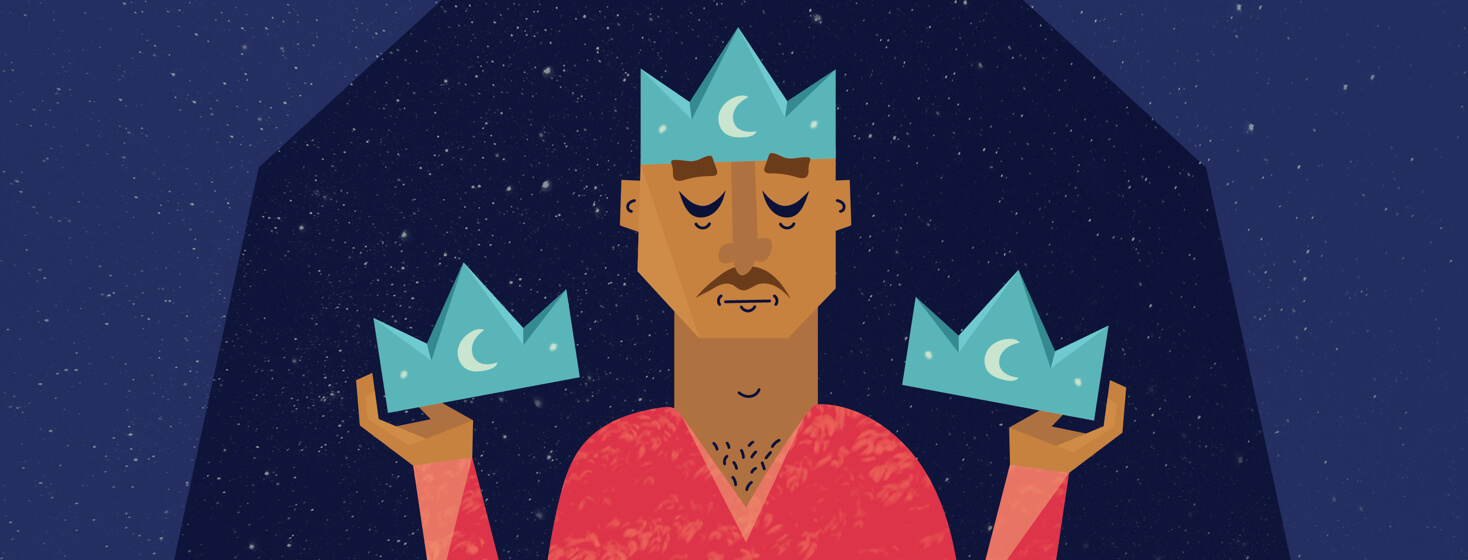Sleeping Through the Marathon
Sleep disorders encompass many conditions, including narcolepsy type 1 and type 2 (N1 and N2), idiopathic hypersomnia (IH), obstructive sleep apnea (OSA), central sleep apnea (CSA), restless legs syndrome (RLS), and insomnia.
Circadian rhythm disorders are another broad category consisting of a variety of disorders associated with circadian rhythms. Currently, there is no tracking system set up to determine overlap between the conditions. I believe overlap is more prevalent than many would think.
Achieveing a Triple Crown is hard
Only the best hitters in the history of baseball have achieved the Triple Crown. The Triple Crown is a distinction given to the player who leads a league in batting average (BA), runs batted in (RBIs), and home runs (HR). Only 17 times in 142 years have players accomplished this rare feat, including Miguel Cabrera in 2012 (Carl Yastrzemski before him in '67). The difficulty of this achievement is due to the varied skill required to hit for average and for power.
In horse racing, the Triple Crown is awarded to a 3-year-old Thoroughbred horse who wins the Kentucky Derby (1 ¼ miles), The Preakness Stakes (1 3/16 miles), and The Belmont Stakes (1 1/8 miles). In 101 years since Sir Barton won in 1919, 13 horses have won all 3 races. Most recently won by Justify in 2018. The difficulty of this achievement is due to the varied lengths of the different races requiring mastery of sprinting and distance racing.
Sleep disorder diagnoses
As for me, I have started referring to my cluster of sleep disorders as the Triple Crown of Sleep. I was diagnosed with narcolepsy with cataplexy (N1) in 2007. During that process, I also received a diagnosis of restless legs syndrome and mild obstructive sleep apnea.
The mild OSA developed into severe OSA over the next few years. The difficulty of this achievement is due to the multiple symptoms converging into a perfect storm of sleep disruption
I have shared multiple vignettes and stories about my sleep disorders. Primarily I have focused on N1 and OSA, but truly they all work together to wreak havoc on my sleep quality and sleep quantity. RLS can have just as much of a disruptive influence as any of my other sleep disorders.
Reasons for my disrupted nighttime sleep
The morning after my polysomnography, my sleep doctor discussed my overnight results and recommended the multiple sleep latency test for confirmation of narcolepsy. I already indicated cataplexy as a symptom meaning it was more of an expected formality.
I’ll never forget my doctor’s comment about my RLS that day: “Of course you are tired, you ran a marathon in your sleep!” He asked how often I ended up with sheets still on the bed the next morning. I replied, “They’re supposed to remain on the bed?” I knew that my family history included RLS with my maternal grandmother and my mother. My disrupted nighttime sleep due to narcolepsy (and some alpha wave intrusion complications) was part of my issue, the RLS was a huge contributing factor.
Strategies for managing my RLS
The strange sensation in my legs as I attempted to drift into sleep. The twitching of my legs as I tried to get comfortable while tossing and turning throughout the night. That nemesis had a name too, and the name was restless legs syndrome.
My treatment approach to RLS has been physical activity and exercise. In future articles, I look to share my strategies and how RLS contributes to my sinister sleep struggles.
c
Importance of sharing my story
Wide Awake And Dreaming: A Memoir of Narcolepsy is a must-read by Julie Flygare. Half Asleep And Running: A Memoir of RLS is a future chapter title in my book. Julie’s book holds profound meaning to both myself and the narcolepsy community. Hopefully, my future book will hold a similar place in the sleep disorder pantheon of authors and influencers.
Completing the Triple Crown of Sleep doesn’t necessarily mean that my symptoms are more intense. What it does mean is that there are 3 separate causes for my sleep struggles. Each one is just as important to address as the other. The World’s Strongest Person having N1, OSA, and RLS and genuine sleep athlete approved this message.
Do you have other sleep disorders besides sleep apnea? Tell us more in the comments below.

Join the conversation